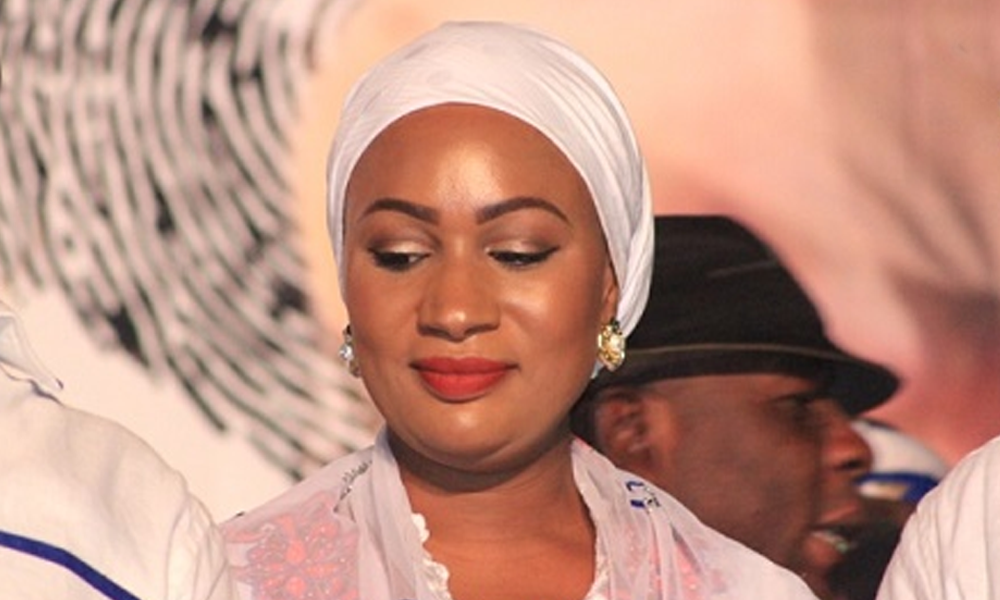Second Lady Samira Bawumia’s recent visit to the Upper West Region to rally support for her husband, Dr Mahamudu Bawumia, the New Patriotic Party (NPP) presidential candidate, has sparked heated discussions.
During a meeting with the Fulani Community, Mrs. Bawumia addressed accusations that she has neglected her Fulani heritage and failed to support the ethnic minority group in times of need.
The Fulani Community expressed concerns about being marginalized and discriminated against in national matters, citing difficulties in obtaining national identification cards and facing general exclusion from society.
These grievances were highlighted during a recent press event where a journalist questioned Dr. Bawumia about his family ties to the Fulani community.
In response, Mrs. Bawumia encouraged the Fulanis to back her husband’s bid for the presidency, emphasizing that her elevation to First Lady would provide an opportunity for their voices to be heard at higher levels of government.
She underscored that voting for the opposition National Democratic Congress (NDC) would not serve the Fulanis’ interests, as their leader, John Dramani Mahama, does not share their ethnicity. However, Mrs. Bawumia’s remarks have faced resistance from some members of the Fulani Community, who accuse her and Dr. Bawumia of neglecting their needs while in power.
Criticism has been particularly sharp on social media platforms, where a Fulani content creator questioned Mrs. Bawumia’s track record in addressing Fulani issues and highlighted instances of violence against Fulanis during the current government’s tenure.
In a bid to clarify her position, Mrs. Bawumia pointed out that she is not the sole advocate for Fulani culture in Ghana, noting the efforts of other Fulanis in promoting their heritage.
The response comes amidst growing tensions within the community over representation and support from political figures.
The National Democratic Congress has also entered the fray, with National Chairman Johnson Asiedu Nketia responding to Mrs. Bawumia’s statements.
In a video message, Mr. Nketia emphasized his party’s commitment to ensuring the welfare of the Fulani community, citing past actions taken to protect their rights.
The controversy surrounding Mrs. Bawumia’s engagement with the Fulani Community underscores broader issues of representation and support for marginalized groups in Ghana’s political landscape.
As the December 7 election approaches, the discussion around ethnic identity and political allegiance continues to shape the national conversation.


